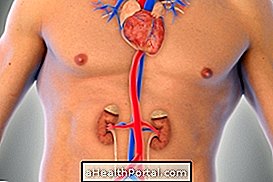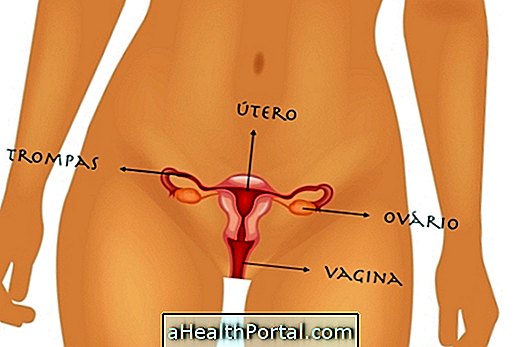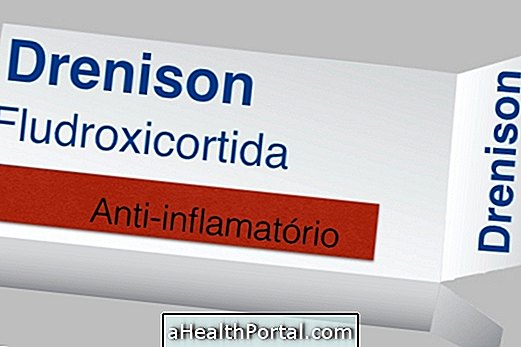Vasovagal syncope, also known as vasovagal syndrome, reflex syncope or neuromedial syncope, is a sudden and transient loss of consciousness, caused by a brief reduction of blood flow to the brain.
This is the most common cause of syncope, also called common fainting, and occurs when there is a decrease in blood pressure and heart rate by inappropriate stimulation of the vagus nerve, a nerve that extends from the brain to the stomach, and is very important to regulate various vital functions. Understand the functions and anatomy of this nerve.
Although vasovagal syncope is benign and does not pose serious health risks, it can be extremely uncomfortable and cause disturbing consequences such as falls and fractures. There is no specific treatment for the condition, but it is possible to take measures to prevent syncope, such as reducing stress, staying hydrated and exercising.

The exact causes that lead to the onset of vasovagal syndrome are still not well understood, but this change is more common in young people 20 to 30 years old and in the elderly over 70 years.
Main symptoms
In vasovagal syncope there is a brief loss of consciousness, which lasts a few seconds to minutes. Although it may appear suddenly, some signs and symptoms may occur before syncope, such as:
- Fatigue and weakness;
- Sweat;
- Nausea;
- Visual changes;
- Dizziness;
- Pallor;
- Headache;
- Dysarthria, that the difficulty to pronounce the words. See more about what is and causes of dysarthria;
- Tingling or numbness through the body.
Recovery after fainting is usually rapid and some people, especially the elderly, may experience post-awakening symptoms such as disorientation, confusion, headache, nausea, and dizziness.
How to confirm
To diagnose vasovagal syndrome, and to differentiate from other types of dizziness, the physician should make a careful clinical evaluation, with identification of the symptoms, physical examination, observation of the medicines used and to request tests such as electrocardiogram, holter and laboratory tests.
The tilt test is an examination that may be used to help confirm when there is doubt about the cause of syncope. It is an examination performed by an experienced cardiologist as it attempts to mimic a condition that will usually trigger the loss of consciousness, especially when it arises due to changes in posture. Thus, during the test, the patient is lying on a stretcher, which will be tilted to a position that may cause changes in blood pressure, and may still be stimulated by medications.
Check out also other tests that evaluate the health of the heart.
What are the causes
Vasovagal syncope is caused by falling blood pressure and heart rate due to certain stimuli to the vagus nerve. The exact cause that leads to the development of this reaction by the body is not yet clear, however, some of the main situations that trigger this change are:
- Anxiety;
- Extreme emotional stress;
- Fear;
- Pain;
- Changes in ambient temperature;
- Stand for a long time;
- Physical exercises.
In addition, it is important to note if the patient uses any medication that may be stimulating the onset of seizures, such as diuretics or anti-hypertensive beta blockers, for example.
In addition, the doctor should investigate other causes of fainting that may confuse with the vasovagal syndrome, such as arrhythmias or epilepsy, for example. Check out the main causes of fainting and how to avoid it.
How is the treatment done?
The main form of treatment for vasovagal syndrome is to take measures to avoid triggering causes and prevent new seizures, such as not standing too long, getting up quickly, staying in a very hot environment or becoming very stressed.
In addition, keeping yourself well hydrated by taking 1.5 2 liters of water a day, and removing antihypertensive medications that may be worsening the picture, are very important measures. If there are symptoms that indicate the crisis, you can adopt positions that relieve the condition, such as lying down with your legs elevated, maneuvering muscle contractions and breathing deeply.
The use of medicines may be indicated by the doctor in cases that do not improve with the initial treatment, such as Fludrocortisone, which is a mineralocorticoid that increases the retention of water and sodium in the bloodstream, or Miodrine, which is a medicine which increases the heart's blood vessels and heart, helping to maintain stable blood pressure.





















